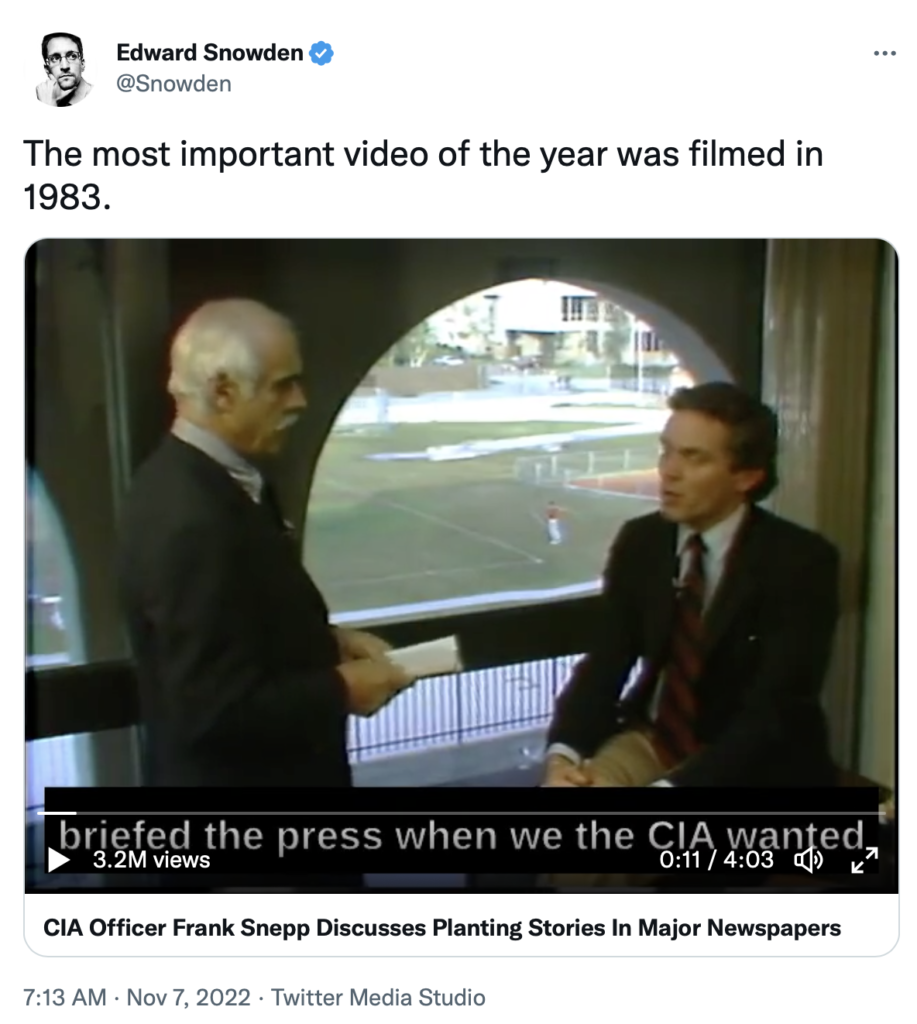Tulsi Gabbard Blasts Gender Ideology
Tulsi Gabbard now has a show. In this episode, Gabbard makes a powerful case that many teachers and medical professionals are betraying and permanently harming our children. The first 12 minutes of this video including video of many of these professionals spouting dangerous gender ideology. This includes several doctors who work at Boston Children's Hospital.
At minute 12, Tulsi talks with Chloe Cole, a young women who got caught up in gender ideology, At the encouragement of others, she came to believe that she was a boy named Leo at the age of 13. Two years later, she underwent a double mastectomy. After the surgery, Chloe felt a deep sense of regret. On November 10, Chloe announced that she had secured attorneys to bring a lawsuit against those who misled her.


